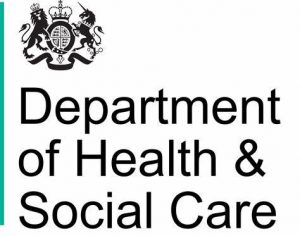Principles of the UK Rare Diseases Framework
“All 4 UK nations have signed up to the UK Rare Diseases Framework and have therefore agreed to collaborate to achieve the outcomes set out above. However, as health is a devolved matter, each nation will deliver these aims in a way that is most effective for their respective populations. Therefore, each nation will set out an action plan detailing the steps they will take to meet the aims of the framework within their own arrangements. In order to ensure cross-border collaboration and maximise the benefits of the framework for the rare disease community, each nation will follow the below core principles when delivering action plans and implementing the framework.
Each nation will: Deliver the aims of the UK Rare Diseases Framework under each of the priorities and underpinning themes:
Priorities:
1. Ensuring patients get the right diagnosis faster
2. Increasing awareness of rare diseases among healthcare professionals
3. Better coordination of care
4. Improving access to specialist care, treatments, and drugs
Underpinning themes:
• Patient voice
• National and international collaboration
• Pioneering research
• Digital, data, and technology
• Wider policy alignment
Consider where action plans can contain specific and measurable commitments under each focus area and regularly review commitments (every 1 to 2 years). Develop policy commitments with expertise, in close collaboration with patients and others living and working with rare diseases.
The UK Rare Diseases Framework 21 Ensure any impacts on health inequalities are considered when developing action plans. Ensure that the experiences of rare disease patients during the COVID-19 pandemic are reflected in the development of action plans and implementation of framework priorities and themes. Ensure that the voice of the rare diseases community is recognised across the system and that work as part of the UK Rare Diseases Framework is aligned with other relevant policy development, such as mental health and social care. Work collaboratively across nations to share knowledge and best practice. Review progress made towards the aims of the framework every 5 years and update priorities when necessary”.
—

